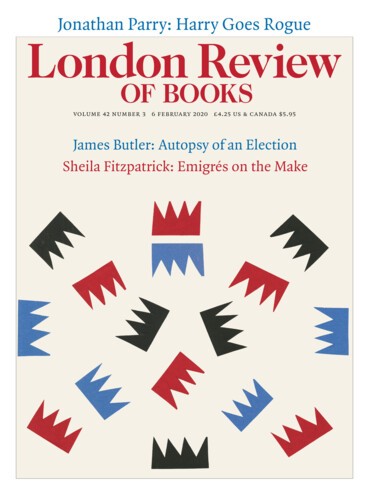(Epigrams, 22)
Visual depictions of suicide kill.
We buried Melanie that morning;
the day after, Basil died.
I don’t know what he saw,
or what she did, but I know
I’ve seen too many pictures of oblivion
done up as heaven –
This isn’t a poem so much as a warning.
We’re going to be sad for a while.
Yesterday I could hardly keep my head
up; I could barely see the road
through the tears. I had driven
past his building,
where his torn-up friends, and the friends of her friends,
are still living.
(Epigrams, 60)
Lucky Orestes.
If you know his story,
you probably think that saying so makes me a jerk.
Fair enough. But I’ve been losing my mind
in my own way this week: Orestes lost his,
but at least he didn’t insist
on asking his loyal companion to read and critique
his own book-length original fictional work.
That’s why he kept Pylades as his friend.
True friendship can exist.
As for me,
I need to learn how not to speak,
when not to hit send.
(Aetia, 100)
Everybody wants to be the talent.
Nobody wants to be the one
to manage the place, and implement compromises
needed for everyone else to continue to function.
That’s true around here, and also on Mount Olympus.
Consider this wooden plank,
whose knots resemble eyes, its shakes tan hair
and eyelashes: tradition at Samos says
before expert carvers existed, this board was regarded
as a true and holy image of Hera,
set in an altar and worshipped along with the rest,
much like the crude, or primitivist,
Athena at Lindos. Why?
The queen of Olympus, the wife of Zeus
is also the gods’ organiser,
their schedule-maker, quartermaster and carer.
The other gods perfect themselves; they choose
their fearsome or awesome self-presentation
in detail – whether beautiful or sublime,
violet-lidded, or plaited, or shining hair loose –
when they face a congregation.
She can’t, or won’t. She doesn’t have the time.
(Aetia, II/48)
Zeus (I read here) once made love for 300 years.
It doesn’t say how, nor with whom.
Nor do we hear
whether his partner, or partners, were into it
that much, or one three-hundredth that much.
As for me, I’m just starved for touch,
or else exhausted from yearning every minute.
Unsatisfied love is a tomb.
Send Letters To:
The Editor
London Review of Books,
28 Little Russell Street
London, WC1A 2HN
letters@lrb.co.uk
Please include name, address, and a telephone number.

